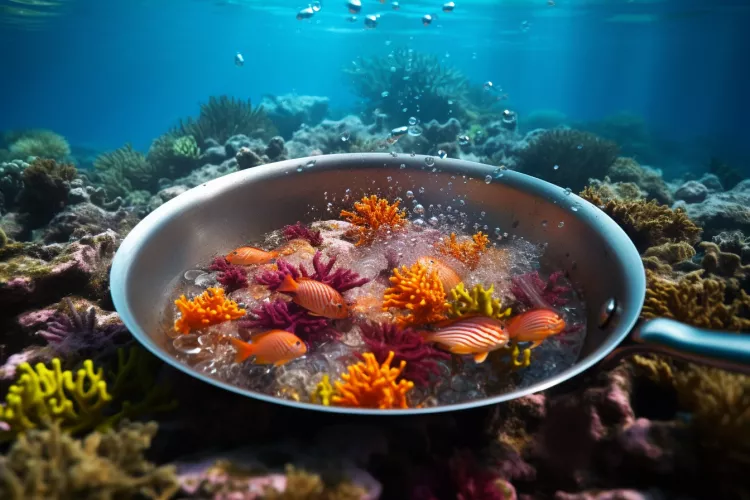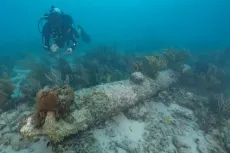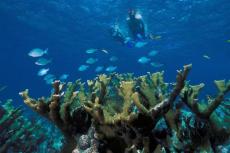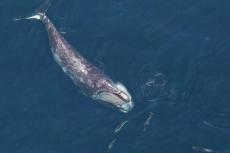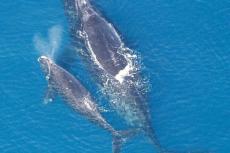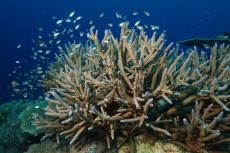Florida's Coral Reefs Under Siege from Rising Temperatures
The devastating impact of extreme ocean heatwaves on Florida's coral ecosystems highlights the urgency for adaptive conservation measures.
Florida's coral reefs, a vital marine ecosystem, have been under severe threat due to extreme ocean temperatures this summer. The coral reefs, besides being biodiversity hotspots, also serve as a protective barrier against coastal erosion and are a significant source of revenue through tourism.
Efforts to protect and restore these reefs have been ongoing for decades. Coral restoration, which involves planting coral fragments, has been a primary method employed by scientists.
The Florida Keys have experienced a significant decline, losing over 95 percent of their coral cover even before 2000. This deterioration was accelerated by infrastructure developments in the 1980s, increased tourism and subsequent environmental degradation, including nutrient and sediment pollution. The focus on economic growth overshadowed the need for ecological preservation.
A problem too big to handle?
Current efforts to restore the Keys may be in vain without addressing the foundational environmental conditions that once supported them. This degradation mirrors the broader decline in the Caribbean, suggesting a need for regional conservation rather than just focusing on the Keys.
The current crisis underscores the broader challenges marine ecosystems face globally due to climate change. As ocean temperatures continue to rise, the resilience of these ecosystems is tested. It is imperative for researchers, conservationists and policymakers to collaborate, devising strategies that not only mitigate the effects of climate change but also bolster the natural resilience of these marine habitats.


